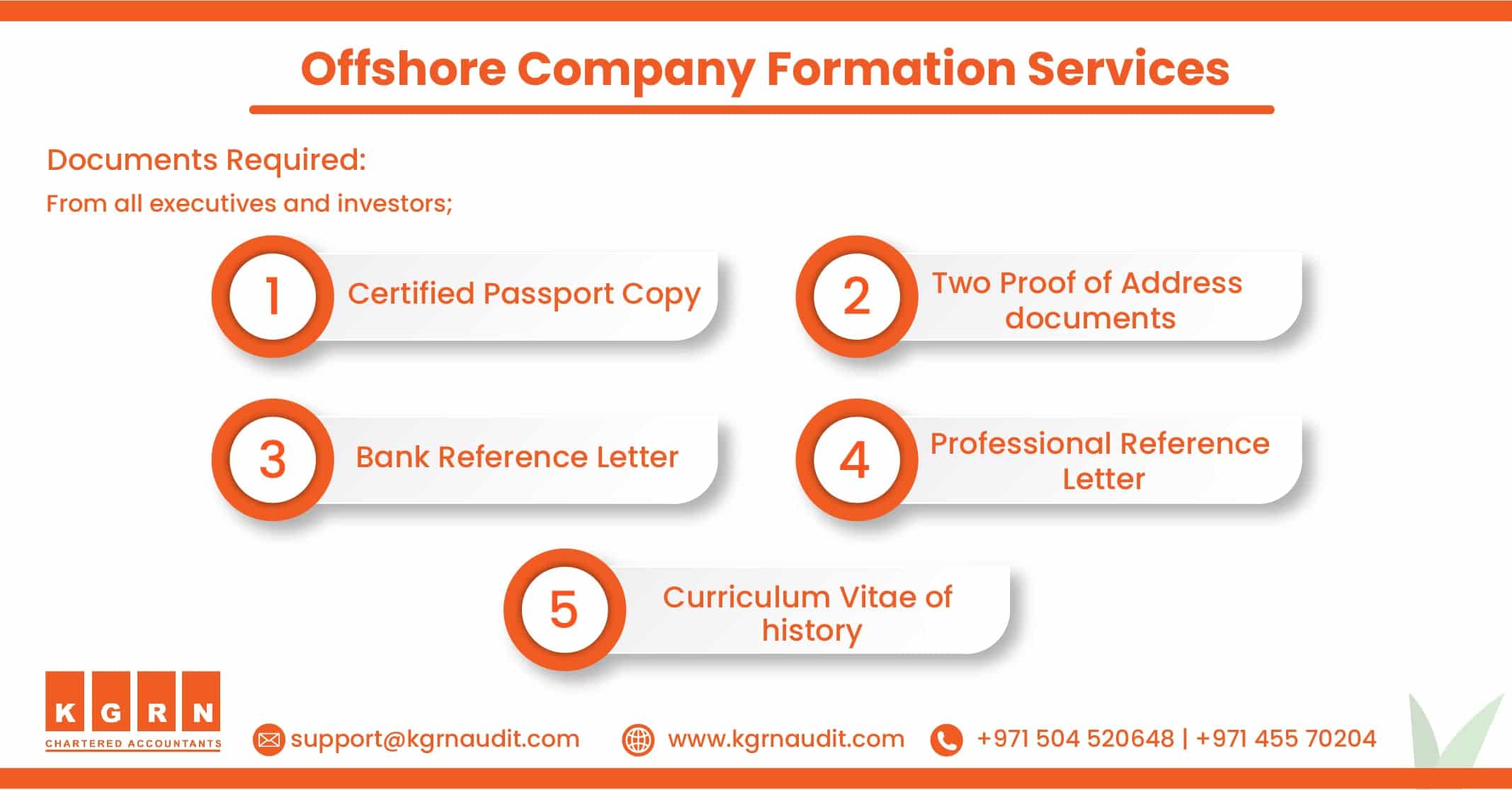Offshore Company Formation Basics: Legal Structure and Finest Practices
Offshore Business Formation Demystified: Key Considerations and Finest Practices
Navigating the intricacies of overseas business development needs a keen understanding of different factors that can significantly affect the success and validity of such ventures. As the ins and outs of establishing an overseas business unravel, a strategic strategy assisted by ideal practices comes to be paramount in making certain a legitimately sound and smooth procedure.
Lawful Jurisdiction Option
Picking the ideal legal jurisdiction is a crucial choice when developing an offshore company, as it dramatically affects the regulative structure within which the entity will operate. Various jurisdictions supply differing levels of tax performance, regulatory demands, personal privacy protections, and political security. The choice of jurisdiction must line up with the specific goals and requirements of the overseas company.

Additionally, the governing atmosphere of a territory is crucial. Some territories have rigorous monetary policies and compliance needs, which can be burdensome for certain sorts of businesses. On the other hand, more lenient regulative atmospheres might use flexibility yet might additionally posture threats in regards to track record and legitimacy.
Tax Obligation Implications Evaluation
Thinking about the tax obligation effects is a fundamental aspect of establishing an offshore firm as it straight influences the economic framework and functional approaches of the entity - offshore company formation. Among the main reasons businesses select overseas firm development is to benefit from positive tax routines. Performing an extensive tax obligation implications analysis is vital to ensure conformity with global and neighborhood tax obligation laws while taking full advantage of tax obligation efficiency. Factors such as corporate tax rates, withholding taxes, value-added tax obligation (BARREL), and tax obligation treaties in between jurisdictions must be thoroughly evaluated. In addition, recognizing the implications of controlled international firm (CFC) guidelines and transfer rates policies is necessary to avoid and reduce potential risks tax obligation evasion claims. Working carefully with tax consultants or consultants who focus on global tax matters can offer important understandings and advice in structuring the offshore business in a tax-efficient manner. By proactively attending to tax considerations throughout the development process, organizations can enhance their tax responsibilities and improve general monetary efficiency.
Corporate Framework Preparation
Reliable company framework planning plays a crucial role in the effective establishment and procedure of an overseas company. One common approach is to establish a holding business in a jurisdiction with desirable tax legislations to hold the possessions of the operating business, which may be found in a different territory for functional objectives.

In addition, the selection of business structure, whether it be a minimal obligation company, a corporation, or a depend on, can substantially influence the total success of the overseas endeavor. Each framework comes with its own set of advantages and factors to consider, varying from liability defense to ease of transferability of possession - offshore company formation. It is important to function very closely with monetary and lawful advisors to establish one of the most suitable structure based upon the firm's particular goals and scenarios. By thoroughly intending the why not try here corporate structure, overseas companies can boost their functional efficiency, protect their properties, and maximize their tax obligations.
Compliance and Regulatory Demands
What are the crucial conformity and governing demands connected with developing and operating an offshore firm? When establishing an offshore company, it is essential to abide by the regulative structures of both the offshore jurisdiction and the home nation of the firm owners. Typical conformity needs consist of the entry of annual economic declarations, keeping proper accountancy documents, and conducting regular board conferences. Furthermore, overseas business often require to select regional supervisors or a registered agent to make certain conformity with local laws.
Moreover, understanding and following global policies, such as anti-money laundering (AML) and recognize your consumer (KYC) needs, are crucial for overseas companies to stop illegal activities. Due diligence in verifying the identities of valuable owners and making sure transparency in company procedures are crucial components of governing conformity.
To browse these complexities efficiently, engaging with economic and legal experts with know-how in offshore regulations is extremely suggested. Remaining upgraded on transforming regulative landscapes and proactively addressing conformity concerns can help offshore firms operate legitimately and morally while optimizing their service potential.
Financial and Monetary Factors To Consider
When developing an overseas company, cautious attention to banking and monetary considerations is paramount for making sure functional efficiency and regulative compliance. Offshore companies often pick financial institutions in territories understood for their security, economic infrastructure, and desirable laws.
Furthermore, comprehending the financial policies in both the offshore jurisdiction and the home country is essential to prevent any type of legal issues. Some overseas jurisdictions have rigorous financial secrecy regulations, which may affect the circulation of information in between the company, its investors, and the bank. Compliance with anti-money laundering (AML) and read the full info here recognize your consumer (KYC) guidelines is likewise critical to protect against monetary criminal activities and maintain a good standing with governing authorities. By very carefully navigating the banking and financial landscape, overseas firms can develop a solid economic foundation for their procedures.

Conclusion
In conclusion, overseas company development includes careful consideration of lawful jurisdiction, tax obligation effects, company structure, compliance, and banking factors to consider. By dealing with these key factors and adhering to finest techniques, services can establish offshore entities successfully. It is necessary to comply with governing needs and make certain economic openness to maintain credibility and minimize dangers. On the whole, comprehensive preparation and adherence to lawful and economic guidelines are vital for a successful overseas firm development process.
Thinking about the tax implications is an essential aspect of developing an offshore firm as it directly affects the financial structure and functional strategies of the entity. Working closely with tax experts or professionals who specialize in worldwide tax matters can supply valuable understandings and guidance in structuring the overseas company in a tax-efficient fashion. One common approach is to develop a holding firm in a jurisdiction with favorable tax obligation legislations to hold the possessions of the running company, which may be situated in a different territory for functional purposes. When setting up an overseas firm, it is critical to adhere to the governing structures of both the offshore jurisdiction and the home nation of the business owners.In conclusion, overseas firm formation includes cautious factor to consider of lawful territory, tax implications, company structure, Recommended Site conformity, and banking considerations.